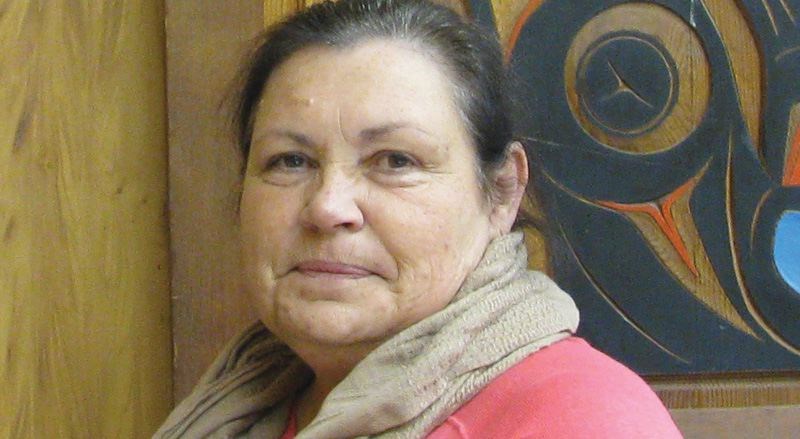The national chief of the Congress of Aboriginal Peoples made a rare stop in Prince George Monday night as part of her national tour aimed at increasing grassroots engagement and discussing aboriginal issues.
"Maybe the biggest issue has to do with our identity as aboriginal peoples and the rights that go with it. Identity issues are part of the division that the government has tried to create between us," she said, referring to off-reserve, non-status and status Indians, Mtis and more.
"Maybe the biggest issue has to do with our identity as aboriginal peoples and the rights that go with it. Identity issues are part of the division that the government has tried to create between us," said Betty Ann Lavalle, referring to the different rules that apply to various groups.
"So many labels for so few people," she said.
The congress, formerly known as the Native Council of Canada, represents each of these groups. According to the organization, more than one million aboriginal people live off-reserve.
About 20 people met at The Gathering Place during the first leg of the what Lavalle dubbed the National Grassroots Engagement Tour.
"This is your forum," she said. It's the second year in the row for the tour and Lavalle highlighted its efforts on affordable housing and education.
The talk comes after a Thursday Supreme Court decision to hear an appeal stemming from a landmark 2013 ruling that found both Mtis and non-status Indians should be considered "Indians" under the 1867 Constitution Act - thus extending the federal government's responsibilities to the same programs and services as status Indians to hundreds of thousands of people.
The government objected to that ruling and in 2014 the Federal Court of Appeal upheld the decision for Mtis, but overturned the finding that the government is similarly responsible to non-status Indians.
That's the point that Lavalle and her organization are still fighting to address.
Now the Supreme Court will hear that appeal in a court case that has been going on for 15 years, since a Mtis leader named Harry Daniels launched the case against the federal government in 1999.
"Both the federal and provincial governments have denied this responsibility leading to a failure to provide any coherent policy framework for Metis, non-Status Indians," said Lavalle. "Which is why Harry dubbed us Canada's forgotten people.
"This is very exciting time for us. I'm amazed," said Lavalle, noting that the Supreme Court also agreed to cover their legal costs. "I really didn't think I'd be around long enough to see this get through the system."
The purpose of the meeting was to let people know that the congress is still out there working, as is her organization, said Lillian George, president of the B.C. affiliate, the the United Native Nations Society.
"It's easy for me to sit hear and listen and to bring the message to them," said George, whose organization has had funding struggles. For the last five years she has been working on a voluntary basis. "She hears it first-hand and hears their own words, hears their pain, hears their agony."
There was a mix of question from members, some angry about use of resources and the Kinder Morgan pipeline, while some highlighted the positive work locally, pointing to youth involvement.
One of those younger advocates is 31-year-old Jessica Lafond, who is the provincial representative for the youth chapter of the organization, and is also George's daughter.
Lafond said many communities face the same issues.
"They're going to hear a lot about housing, about poverty, about schooling, the murdered and missing women. They're just going to hear it all."



